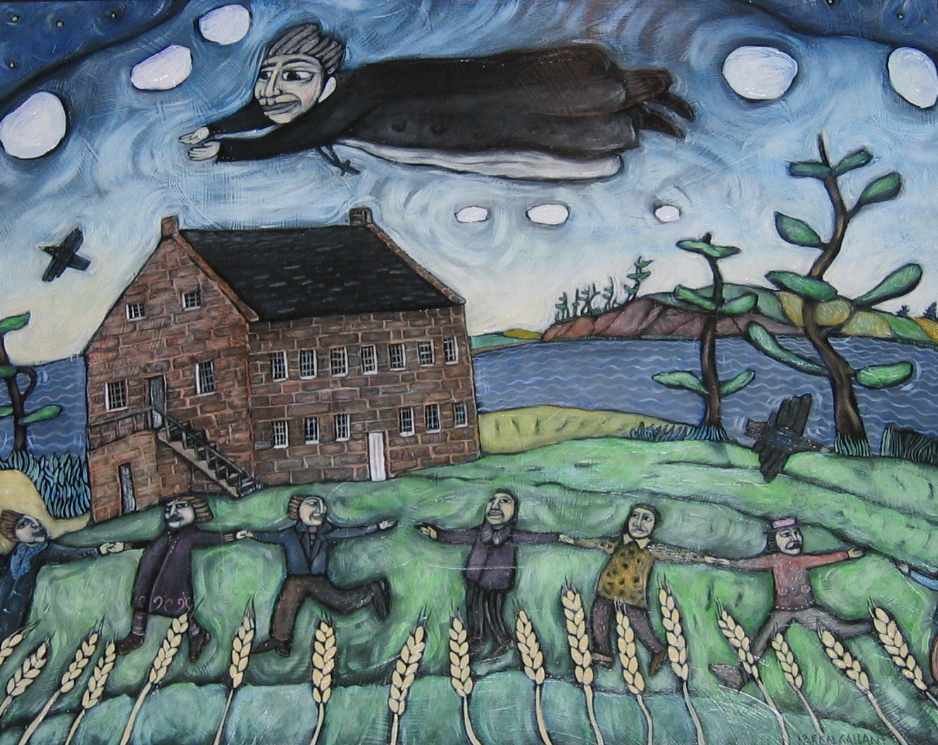I was car camping with a friend in Nova Scotia, and our aimless adventure suddenly took shape when we picked up a schedule of the farmer’s markets throughout the territory. We didn’t worry about hitting a market every day, but the towns with markets did become anchor points on our route. Not only were we able to stock up our cooler with things like fresh berries, breads and smoked fish. Each market also offered encounters with true locals, some great breakfast options, excellent coffee, and beautiful handmade souvenirs that far surpassed anything we could have found in tourist shops.
This is a truly fantastic way to travel. Another variation is to map your travel route from food-co-op to food co-op, where the people also tend to know the best restaurant options for those with a taste for local and organic. Such a recommendation prevents bad choices from infringing on your limited travel time. If you only have one night in a particular town, you certainly don’t want to overlook the best restaurant or end up paying out for something that lacks local flavor and good nutrition.
Food co-ops are also great for gift shopping. This is especially true since consumables are the most responsible best gifts anyway. Good luck finding locally made canned goods and treats in a supermarket. Artisinal, non-perishable food gifts are tough to beat – a good way to thank the communities you’ve visited and to share a piece of your vacation with others.
The painting shown with this story is something I saw on that same road trip in Canada. It was in the original Farmers’ Bank of Rustico, in Rustico, PEI. There, a missionary living in the Acadian community of Rustico helped the community to form a farmers’ bank – like today’s credit unions. Father Belcourt used his influence to have a bill to incorporate the Farmers’ Bank of Rustico introduced to the legislature of PEI in March of 1863. Three years later, the 350 families of the parish of Rustico had succeeded in setting aside almost $ 4,000 (an average of $10 per family) for the bank. The bill to create the Farmers’ Bank of Rustico was enacted into law on April 21, 1863. Father Belcourt knew that farmers are “the nourishing fathers of the body politic.” In the painting you can see him in the heavens about the bank and the farmers. What a guy!
So throw your cooler in the trunk, download a schedule of the markets, and check it out.


